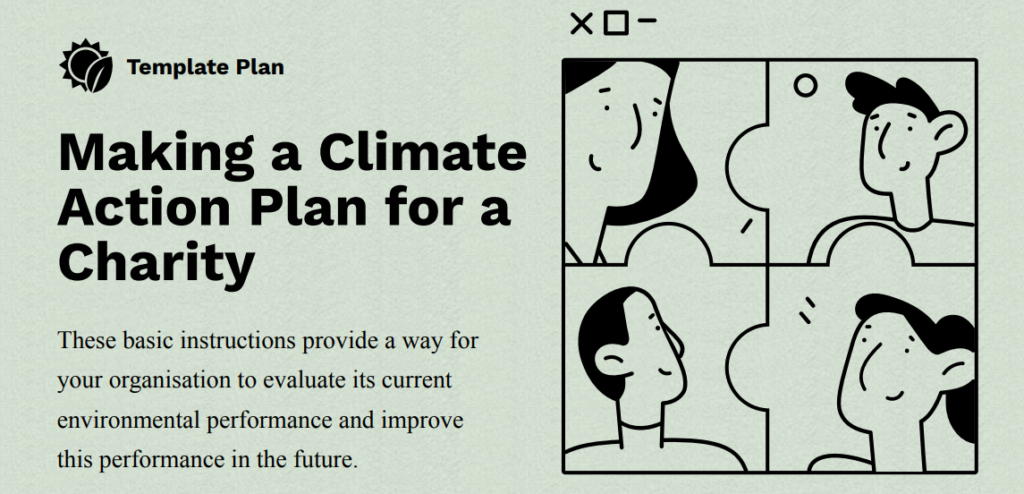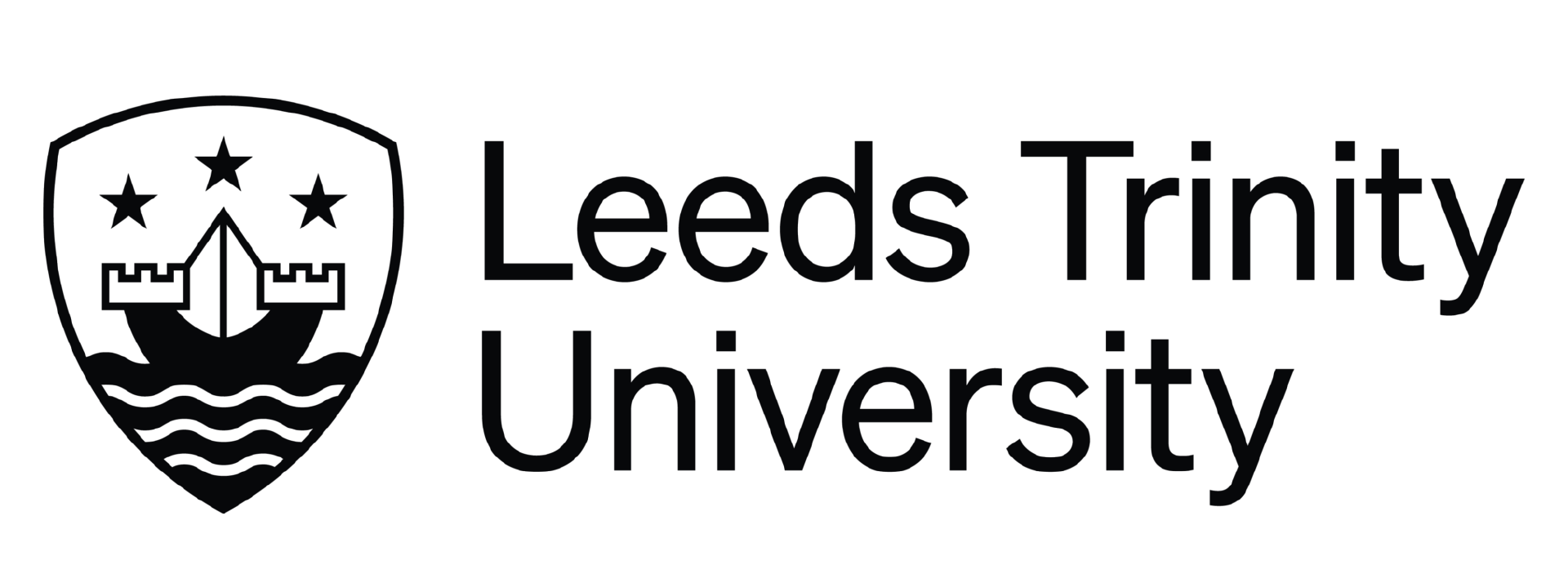This guest blog has been kindly contributed by Natasha Swiers, a recent Masters Student of Sustainability and Consultancy at the University of Leeds. This blog is a follow up to the contribution Natasha made at the West Yorkshire Skills Partnership ‘Sustainability Through Skills’ conference.

More organisations are getting involved in sustainability as we become more aware of the mounting threat of climate change. Organisations in the third sector play an important role in bringing sustainability efforts to marginalised areas. However, the majority of third sector organisations are unsure of where to start when it comes to integrating sustainability into their business practises.
Organisations had the opportunity to gather and debate the value of fostering sustainability across all sorts of organisations, including universities, schools, and charities, during the recent West Yorkshire Skills Partnership annual conference (WYSP). At this conference St. Luke’s Cares, LS-TEN, and I had the opportunity to discuss some of the work we had done with the community, these organisations, and how they hope to help other charities perform more sustainably.
A little about myself and the charities I worked with
I am a University of Leeds Sustainability and Consultancy Masters student. A project placement is carried out as part of my dissertation to put the skills we learnt earlier in the year into practise. My task was to create a climate action plan for LS-TEN and St. Luke’s Cares but also provide them with campaigns that they could use to include the wider public and third sector within sustainability.
St. Luke’s Cares works with children to assist them in developing skills that will help them in the future. They also operate a charity shop where donations and furnishings are sold on Dewsbury Road.
LS-TEN works mostly with difficult teenagers who do not fit into traditional schooling systems. However, they also use outreach programmes and skatepark facilities to engage with and include the larger community in sports.
Both organisations are aware of the beneficial influence they have on the community. They do, however, want to increase their own sustainability performance to lessen their impact on climate change and encourage the communities they work with to consider sustainability.
The Project
The project consisted of the following five deliverables:
- Both hosts’ organisations underwent an audit to assess their present sustainability performance.
- A list of suggestions that was provided by the audit, will point out areas where sustainability could be enhanced in the hosts’ organisations.
- A climate action plan outlining how these charities might improve their performance by incorporating sustainability.
- Numerous campaigns addressing various community concerns.
- Address the issue of recycling in the Beeston Hills Community.
- Include sustainability in education through LS-TEN.
- A template plan that would instruct other organisations on how they too may become more sustainable (An infographic of this is included at the end of the blog).
These deliverables were successfully completed during the project to assist the hosts in achieving their short-term objectives while also demonstrating how they might do so in the future by including long-term objectives like carbon neutrality.
The WYSP conference helped establish relationships with significant organisations, like Yorkshire Universities, to share the template plan with other organisations that could find it helpful when creating their own sustainability plans.
The information in the infographic below explains the steps used in this project to help the organisation understand how and where it must improve areas to operate more sustainably. It might be used by SMEs, even if it was created with non-profits in mind.
Check out the Making a Climate Action Plan for a Charity infographic here.












